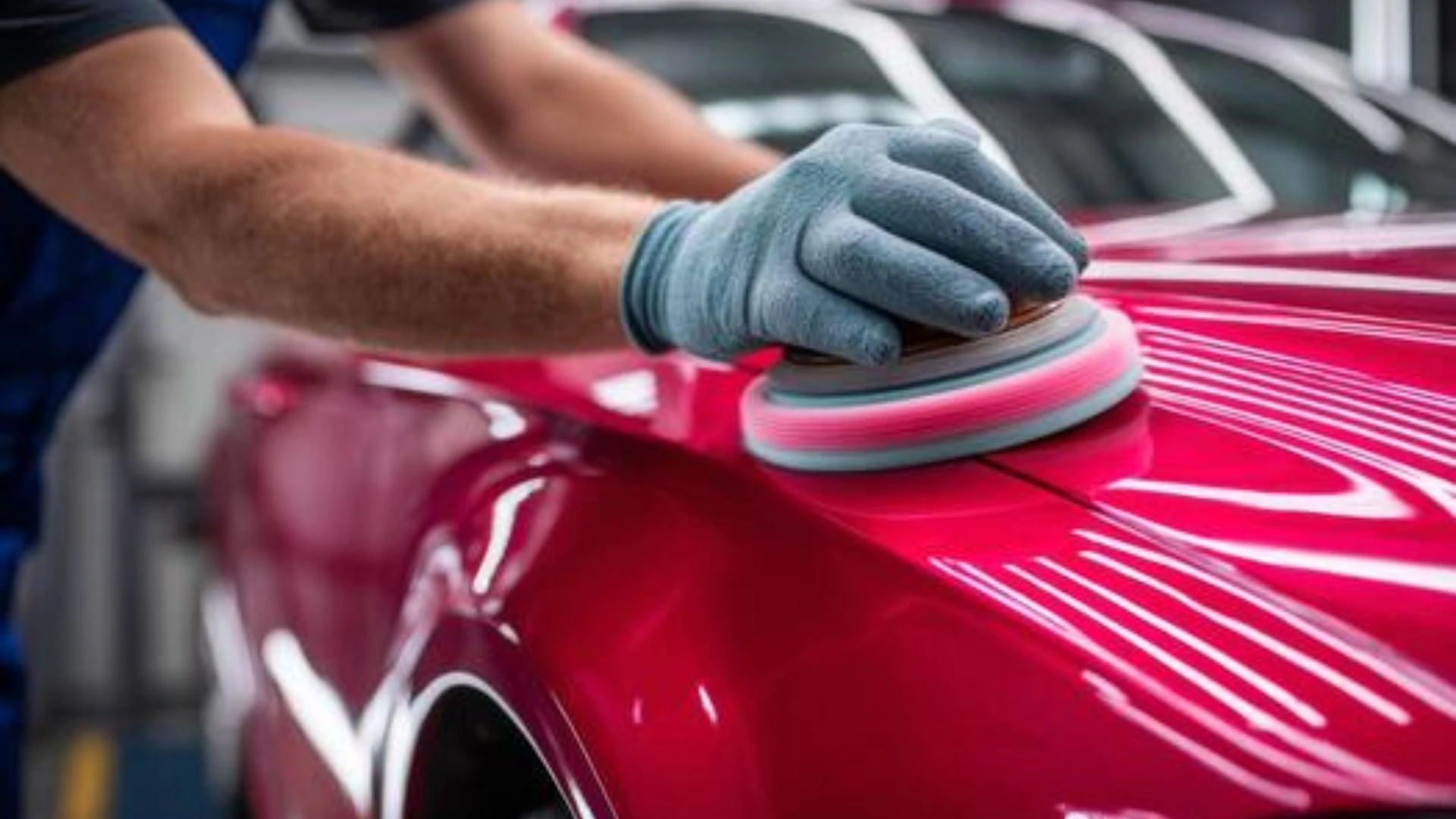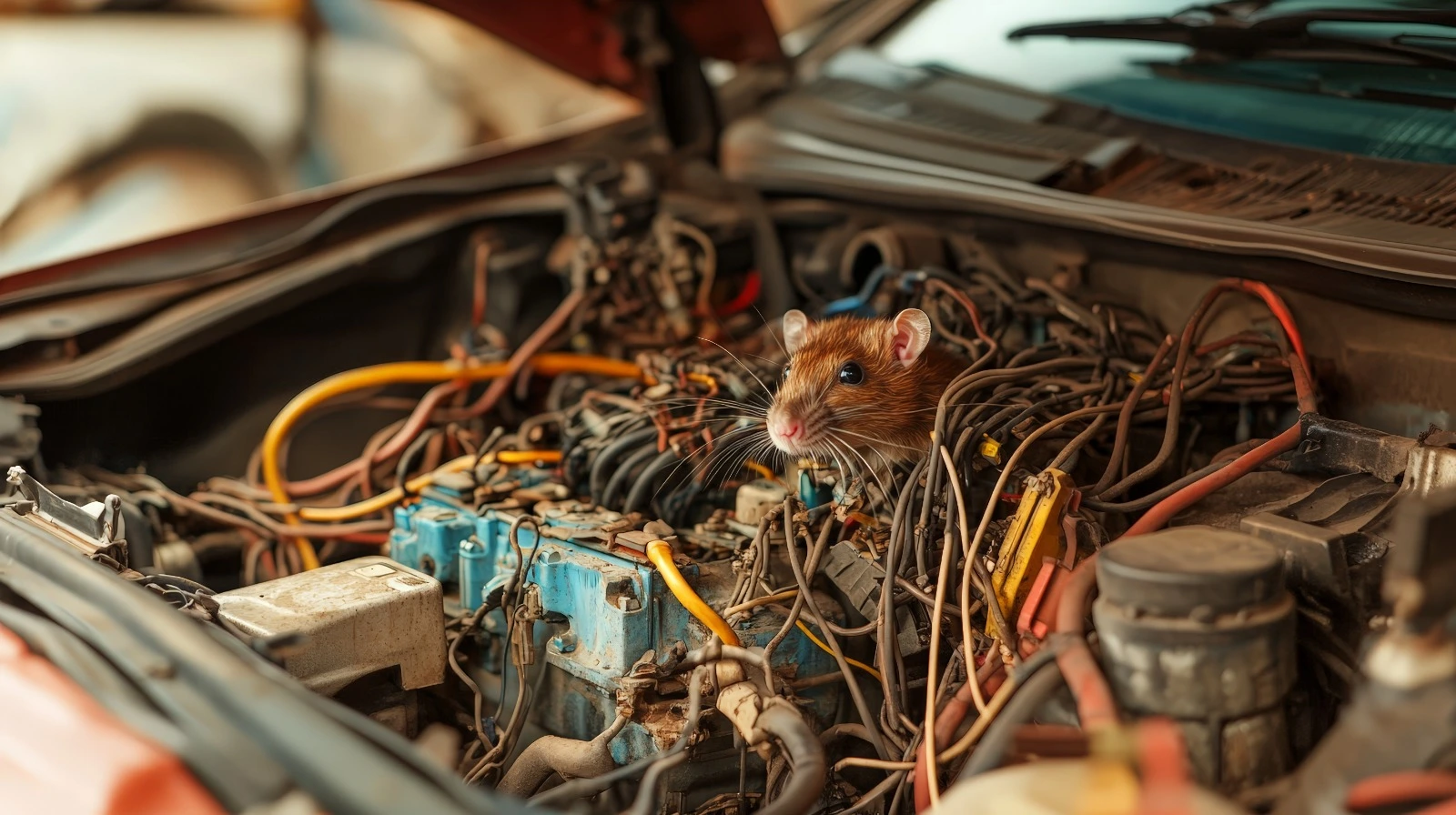_1740045762.webp)
Table of Content
▼Fuel choice is often a confusing decision for many car owners, especially when faced with premium and regular petrol options. While some consider premium petrol a superior fuel that enhances performance and engine longevity, others believe it is unnecessary unless the vehicle manufacturer recommends it. So, should you pay extra for premium petrol, or is regular petrol sufficient? This guide will provide an in-depth comparison, covering everything you need to know about these two fuel types, helping you make an informed choice.
Understanding Petrol: What Makes It Premium or Regular?
Petrol is a refined fuel derived from crude oil, primarily composed of hydrocarbons like paraffin, olefins, and naphthenes. The refining process involves breaking down large hydrocarbon molecules using a catalytic cracker. After extraction, various additives are mixed with the fuel to enhance efficiency and reduce engine deposits.
The key difference between premium and regular petrol lies in their octane rating, a measure of a fuel’s ability to resist engine knocking or premature ignition.
What Is Premium Petrol?
Premium petrol is a high-octane fuel, generally having an octane rating of 91 or higher. It contains detergents, corrosion inhibitors, and friction modifiers, which help maintain engine cleanliness and efficiency.
Benefits of Premium Petrol:
- Higher octane rating: Reduces engine knocking, improving combustion.
- Cleaner burning fuel: Reduces carbon buildup in the engine.
- Enhances performance: Beneficial for high-compression or turbocharged engines.
- Better fuel stability: Provides consistent ignition, especially for performance cars.
However, premium petrol costs more than regular petrol due to its refined composition and additional additives.
What Is Regular Petrol?
Regular petrol, also known as normal petrol, has an octane rating of 87. Unlike premium petrol, it lacks additional detergents and additives that improve performance and engine cleanliness.
Benefits of Regular Petrol:
- More affordable: Lower price makes it cost-effective for daily use.
- Sufficient for standard engines: Works well in most low-compression engines.
- Widely available: Easily accessible at all fuel stations.
Regular petrol is suitable for everyday vehicles, where performance enhancements are not a priority.
Key Differences Between Premium and Regular Petrol
|
Factor |
Premium Petrol |
Regular Petrol |
|
Octane Rating |
91 or higher |
87 |
|
Price |
More expensive |
More affordable |
|
Additives |
Contains detergents and corrosion inhibitors |
Lacks additional additives |
|
Engine Knocking |
Less likely to cause knocking |
Higher risk of knocking in high-performance engines |
|
Ideal For |
High-performance, turbocharged, and luxury cars |
Standard cars with low-compression engines |
Also Read: Best Low Maintenance Cars in India for Easy Ownership
Different Types of Petrol Available in India
Fuel options vary based on octane levels and additional additives. Here’s a breakdown of the different petrol types available:
1. Regular Petrol (87 Octane)
- The most commonly used petrol type.
- Suitable for standard commuter vehicles with low-compression engines.
2. Power Petrol (87 Octane + Additives)
- Similar to regular petrol but contains additional detergents.
- Improves fuel combustion and slightly enhances engine efficiency.
3. Premium Petrol (91 Octane)
- Has a higher octane rating for better performance.
- Ideal for high-compression engines and performance-oriented vehicles.
4. Extra Premium Petrol (95 Octane)
- Offers an even higher octane level for increased efficiency.
- Used in sports cars, luxury cars, and turbocharged vehicles.
5. Ultra Premium Petrol (97 Octane and Above)
- The highest grade of petrol available for public use.
- Designed for high-performance engines, ensuring optimal power output.
The octane rating of premium petrol varies based on the brand and country. Some fuel providers offer 100-octane petrol for racing and specialized performance vehicles.
Should You Use Premium Petrol for Your Car?
Before choosing premium petrol, consider these essential factors:
- Check Your Car Manual – If the manufacturer recommends premium petrol, use it for optimal performance. If the manual states “Regular Fuel Only,” using premium petrol will not provide additional benefits.
- Engine Compatibility – High-performance engines require high-octane fuel to function properly. Standard engines do not need premium petrol.
- Cost vs. Benefit – Premium petrol costs more but may not significantly improve fuel efficiency or performance in regular cars.
Which Petrol Should You Use for Your Car?
Choosing the right fuel depends on your vehicle type and manufacturer recommendations. Here’s a simple guide:
- If your car's manual specifies premium petrol, you should use it to maintain performance and longevity.
- If your car does not require high-octane fuel, using premium petrol won’t provide noticeable benefits.
- For high-performance or turbocharged engines, premium petrol is essential to prevent knocking and improve efficiency.
- For daily commuter cars, regular petrol is sufficient and more cost-effective.
Before making a decision, always refer to your vehicle owner’s manual to check the recommended fuel type.
Conclusion
The choice between premium and regular petrol comes down to your vehicle's requirements, budget, and driving habits. While premium petrol offers performance advantages, it is not necessary for every car.
Regular petrol remains the best choice for standard vehicles, delivering efficiency at a lower cost. However, if you drive a high-performance car, investing in premium petrol ensures better combustion, engine longevity, and improved power output.
By understanding the key differences and types of petrol, you can make a well-informed decision that aligns with your vehicle’s needs and long-term maintenance.
Also Read: Understanding Tyre Wear and Its Impact on Your Vehicles Life
Deepika Chauhan
Auto Care Specialist & Vehicle Maintenance Advisor Deepika Chauhan is a car care expert with 8+ years of experience in authorized service centers and independent garages. Her articles focus on DIY maintenance, service schedules, and tips that help car owners keep their vehicles in top condition.
_1770807147.webp)

